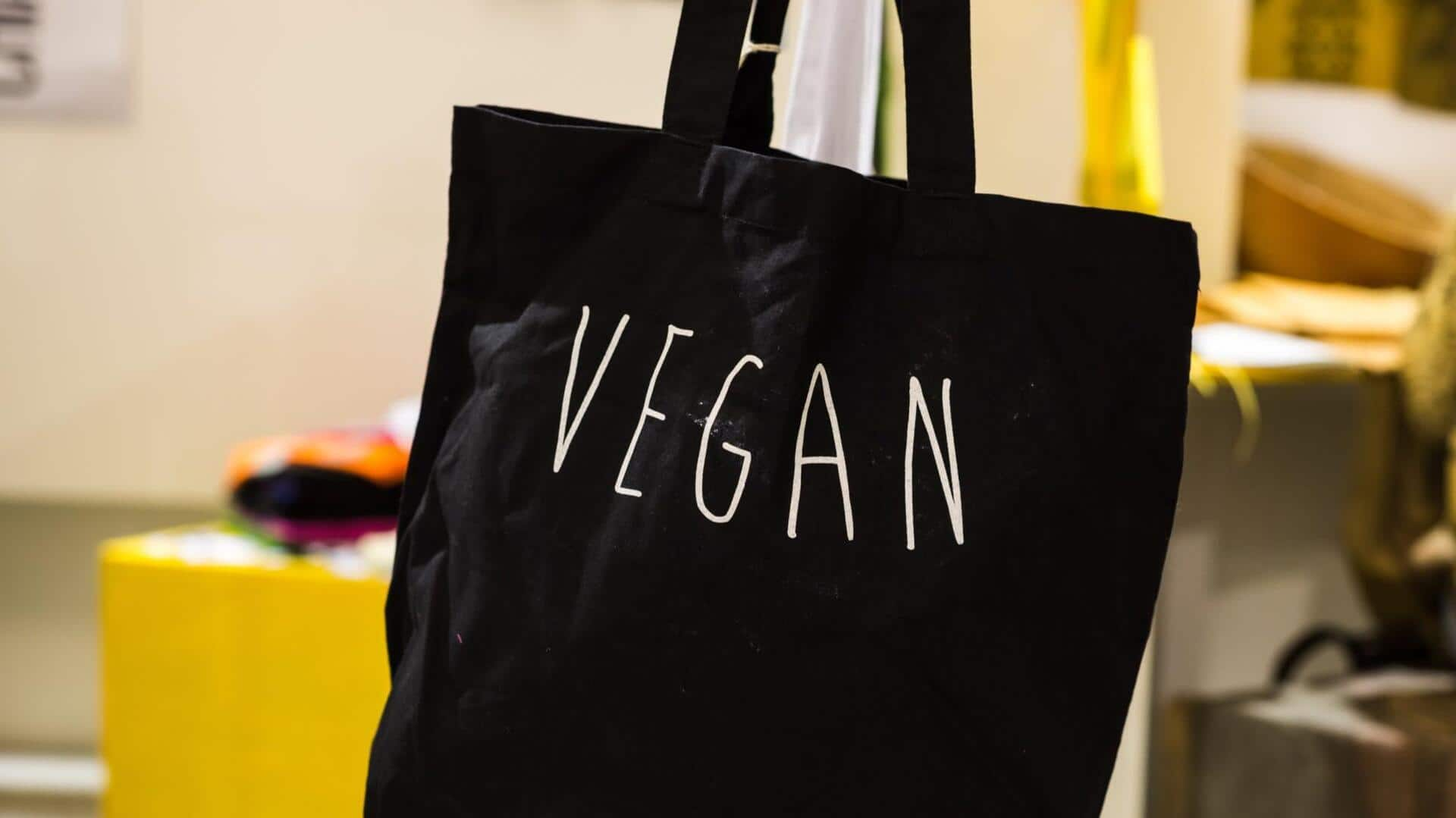Vegan fashion, once a niche interest, has become mainstream, offering stylish and cruelty-free alternatives to traditional materials. This guide explores vegan fashion's essentials, providing insights on making compassionate wardrobe choices without sacrificing style. It highlights the shift toward ethical consumer habits, emphasizing that embracing vegan fashion means aligning style with values of kindness and environmental concern.
Understanding vegan fashion Vegan fashion encompasses garments and accessories devoid of animal-derived materials. Instead of using traditional materials such as leather, wool, silk, and fur, vegan fashion opts for plant-based or synthetic alternatives. This movement toward cruelty-free fashion choices is fueled by an increasing awareness of animal welfare issues and environmental concerns.

The shift reflects a growing commitment to ethical consumerism and sustainability in the fashion industry. Key materials in vegan fashion Essential vegan fashion materials include organic cotton, bamboo fabric, and Tencel (lyocell), known for their plant-based origins. Recycled polyester is highlighted as a sustainable choice, minimizing waste.
Synthetic leathers from polyurethane (PU) or innovative pineapple leaves (Pinatex) are also key, offering durability and versatility. These materials embody a commitment to animal welfare and environmental sustainability, making them foundational in cruelty-free fashion. Building a cruelty-free wardrobe Begin by evaluat.
















